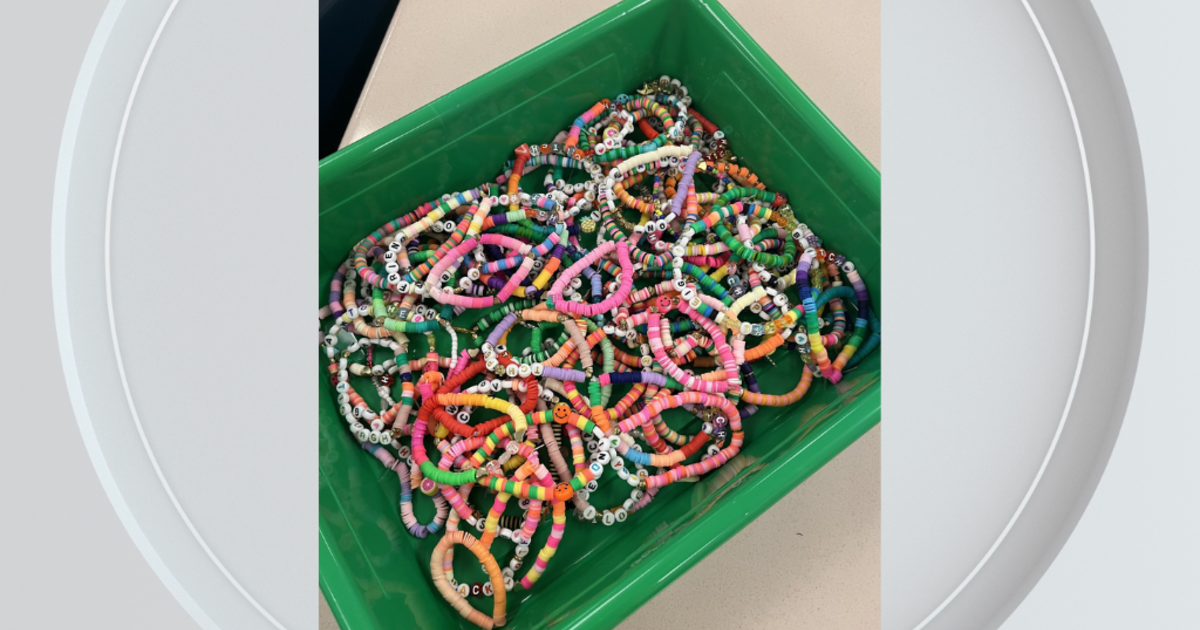Veterinarian: Pets Can Suffer From Same Seasonal Allergies People Do
Follow KDKA-TV: Facebook | Twitter
PITTSBURGH (KDKA) -- Long-suffering patients will tell you how debilitating their seasonal allergies can make them. But, what if the patient is your pet?
Runny nose, sneezing and watery, itchy eyes - they're all classic signs of allergies. But people aren't the only ones who have them, our pets can, too. It can make them miserable.
"It goes to their skin, so they start itching. The skin inside their ears, they get ear infections. They start licking their paws, chewing all night, and driving us nuts, but you can imagine how they feel," says Dr. Mike Hutchinson, a veterinarian at Animal General Hospital.
Many are surprised to learn our pets can be allergic to the same things we are.
"The same pollens, the same rye grass, the same pine you know that our immune systems might overreact to, and we want to try to calm down that immune system so that it recognizes it as a normal thing," said Dr. Hutchinson.
Some allergens can be in your pet's food.
The classic treatment for pet allergies has been steroid treatments like Cortisone, but there some side effects like wanting to eat and drink all the time.
"Increased urination because they are drinking more. Increased hunger like you just mentioned, and sometimes panting. Sometimes it can make them anxious, just like people. Exact same side effects," Dr. Hutchinson added.
But to keep you dog from scratching morning, noon and night, there are some non-steroidal ways to attack pet allergies.
"Apicool, it helps block the itch. It doesn't treat the allergy. It blocks the itch, but it is not a steroid," Dr. Hutchinson said. "We have Cytopoint, a once a month injection, that works on two out of three dogs very effectively. Not a steroid, very few side effects, very safe to give."
If you are concerned about giving shots to your four-legged friend, a new product comes in liquid form.
"In the northeast region, we have a panel for all the allergens that are put into a solution that we can spray into the cheek pouch and try to help desensitize them to a lot of these allergies," said Dr. Hutchinson. "It's a newer technology. It's absorption through the cheek instead of injections."
If not treated, pets may scratch and lick themselves; ultimately, leading to fungal or viral infections that will require additional medical attention.



